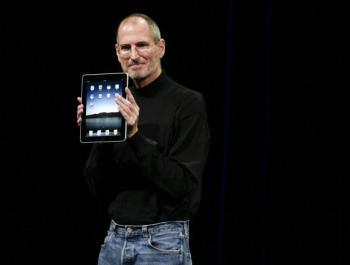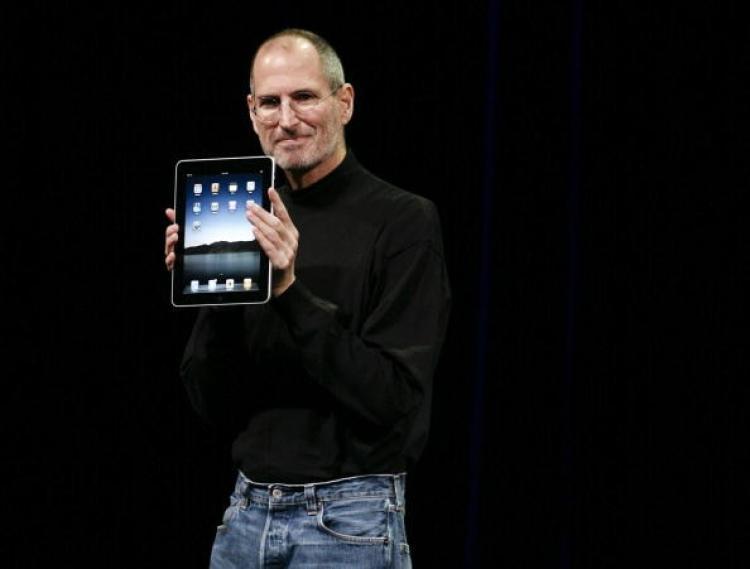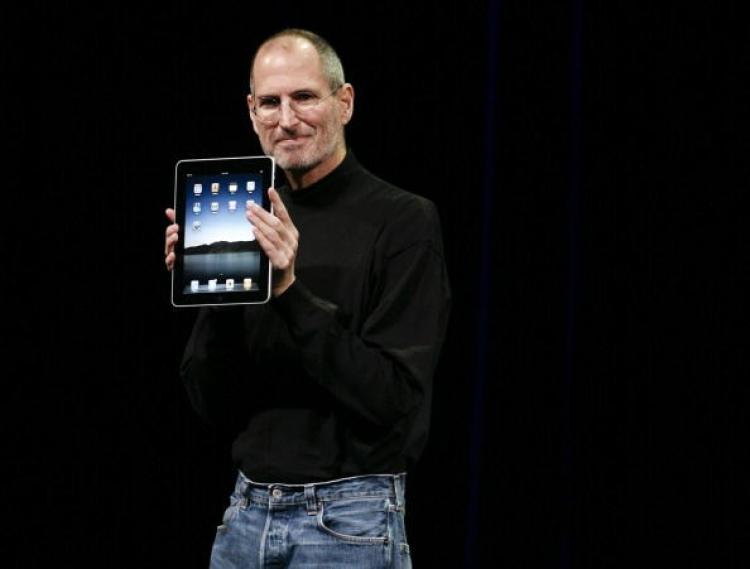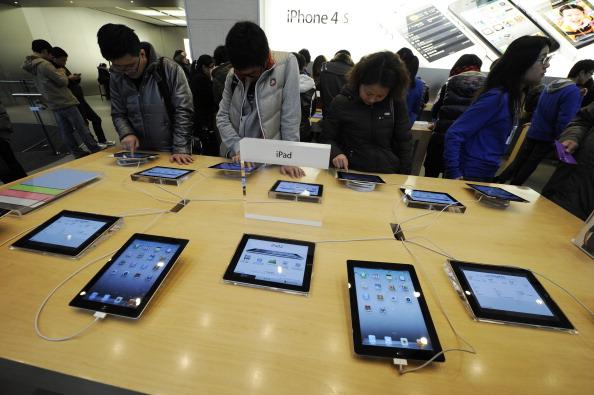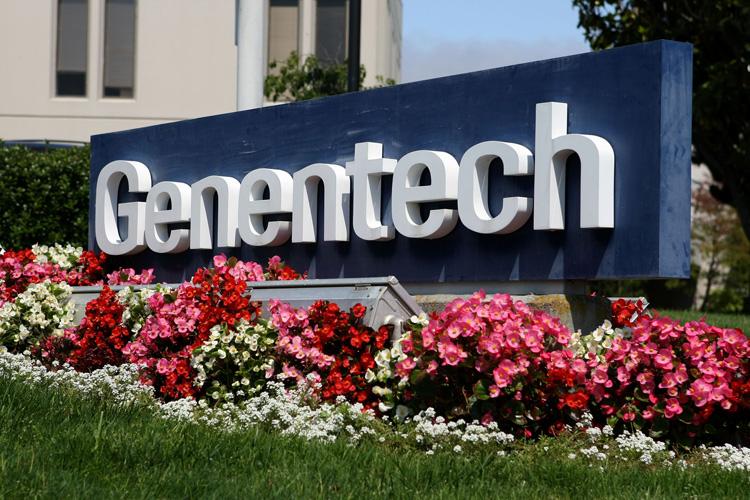Apple Inc. flexed its muscle through a lengthy public statement by company Chief Executive Officer Steve Jobs, who openly rejected Adobe Systems Inc.’s Flash Web and video platform on April 29.
Jobs accused the multimedia platform to be inappropriate for mobile devices, with “major technical drawbacks” evidently exacerbating the tension between the two companies.
“Flash was created during the PC (personal computer) era for PCs and mice,” Jobs said in an open letter posted at the Cupertino, California-based firm’s website.
“But the mobile era is about low power devices, touch interfaces, and open Web standards—all areas where Flash falls short,” Jobs said.
Adobe has retaliated with its CEO responding to Apple’s statement as a “smokescreen,” according to a Wall Street Journal interview live-blogged online.
The outbursts from two high profile Silicon Valley companies have attracted substantial attention. Once Apple bans Flash-imbedded applications from its iPad and iPhone devices, programmers will have to create alternatives. In other words, although Flash was used in about 75 percent of the current online video market, Apple’s threats will undoubtedly challenge Adobe’s position.
“The conflict between Apple and Adobe has been a very big deal,” said Chad Bartley, an analyst at Pacific Crest Securities Inc. in Portland, Oregon, in an interview with Bloomberg, who has an “outperform” rating on Adobe. “The Flash platform and ecosystem is obviously critical to Adobe and to the success of its creative tools business.” However in April, Adobe released a revamped version of the company’s most lucrative product, Creative Suite, which uses Flash to create Web video to make sites more interactive.
As reported by 9To5Mac, iPhone OS held a 46 percent share of all mobile operating systems and a 47 percent share of all smartphone devices in March. The San Jose, Calif.-based Adobe may seem to be less attractive to developers. Since April, Apple has set new restrictions in place that confine programmers to build software exclusive for its branded products.
The irony of the situation is that Apple is often criticized for having a closed interface and limiting users to its domain. Jobs’s aggressive position was certainly made clear when he stated that “the avalanche of media outlets offering their content for Apple’s mobile devices demonstrates that Flash is no longer necessary to watch video or consume any kind of Web content. And the 200,000 apps on Apple’s App Store proves that Flash isn’t necessary for tens of thousands of developers to create graphically rich applications, including game.”
Adobe reports that its Flash program is used in around 98 percent of personal computers connected to the Internet. Moreover, Flash also operates on more than 800 million mobile phones, manufactured by 19 of the top 20 handset makers, excluding Apple.
Shares of San Jose, California-based Adobe fell 1.4 percent to close at $34.96 on the Nasdaq. Shares of Cupertino, California-base Apple rose 2.7 percent to $268.64.
Jobs accused the multimedia platform to be inappropriate for mobile devices, with “major technical drawbacks” evidently exacerbating the tension between the two companies.
“Flash was created during the PC (personal computer) era for PCs and mice,” Jobs said in an open letter posted at the Cupertino, California-based firm’s website.
“But the mobile era is about low power devices, touch interfaces, and open Web standards—all areas where Flash falls short,” Jobs said.
Adobe has retaliated with its CEO responding to Apple’s statement as a “smokescreen,” according to a Wall Street Journal interview live-blogged online.
The outbursts from two high profile Silicon Valley companies have attracted substantial attention. Once Apple bans Flash-imbedded applications from its iPad and iPhone devices, programmers will have to create alternatives. In other words, although Flash was used in about 75 percent of the current online video market, Apple’s threats will undoubtedly challenge Adobe’s position.
“The conflict between Apple and Adobe has been a very big deal,” said Chad Bartley, an analyst at Pacific Crest Securities Inc. in Portland, Oregon, in an interview with Bloomberg, who has an “outperform” rating on Adobe. “The Flash platform and ecosystem is obviously critical to Adobe and to the success of its creative tools business.” However in April, Adobe released a revamped version of the company’s most lucrative product, Creative Suite, which uses Flash to create Web video to make sites more interactive.
As reported by 9To5Mac, iPhone OS held a 46 percent share of all mobile operating systems and a 47 percent share of all smartphone devices in March. The San Jose, Calif.-based Adobe may seem to be less attractive to developers. Since April, Apple has set new restrictions in place that confine programmers to build software exclusive for its branded products.
The irony of the situation is that Apple is often criticized for having a closed interface and limiting users to its domain. Jobs’s aggressive position was certainly made clear when he stated that “the avalanche of media outlets offering their content for Apple’s mobile devices demonstrates that Flash is no longer necessary to watch video or consume any kind of Web content. And the 200,000 apps on Apple’s App Store proves that Flash isn’t necessary for tens of thousands of developers to create graphically rich applications, including game.”
Adobe reports that its Flash program is used in around 98 percent of personal computers connected to the Internet. Moreover, Flash also operates on more than 800 million mobile phones, manufactured by 19 of the top 20 handset makers, excluding Apple.
Shares of San Jose, California-based Adobe fell 1.4 percent to close at $34.96 on the Nasdaq. Shares of Cupertino, California-base Apple rose 2.7 percent to $268.64.
